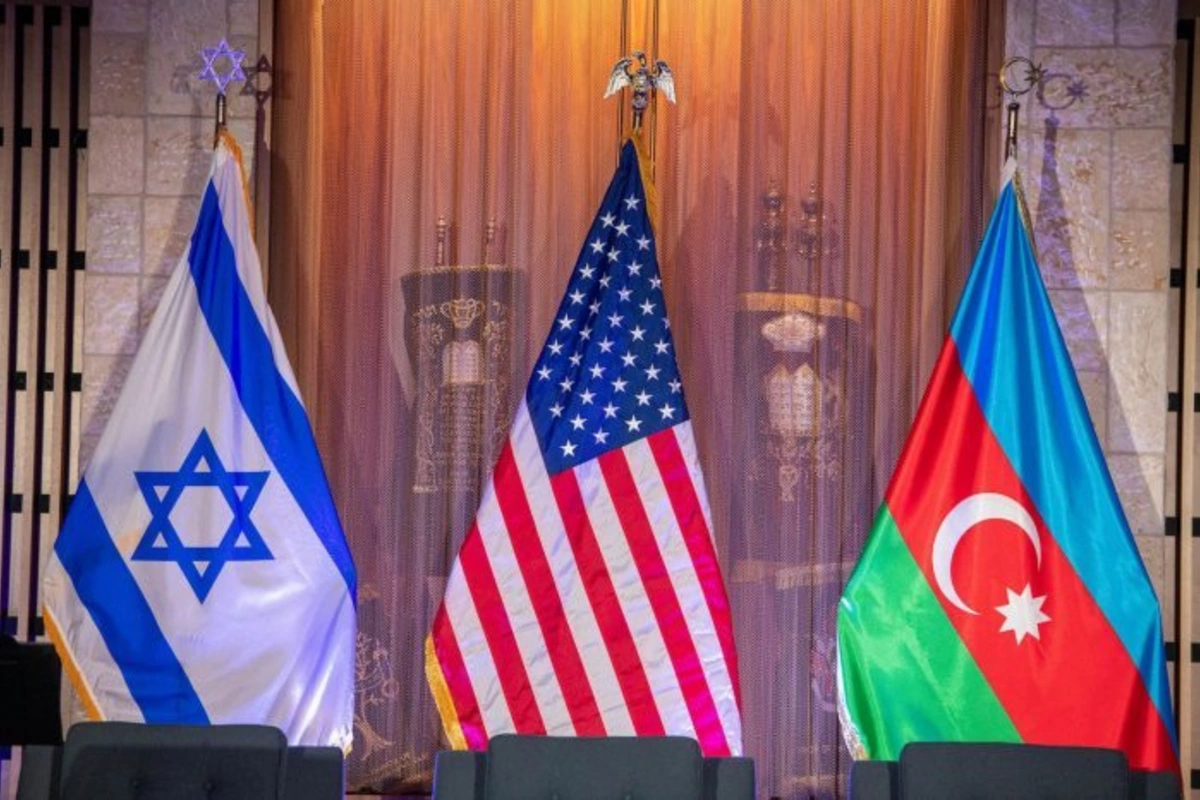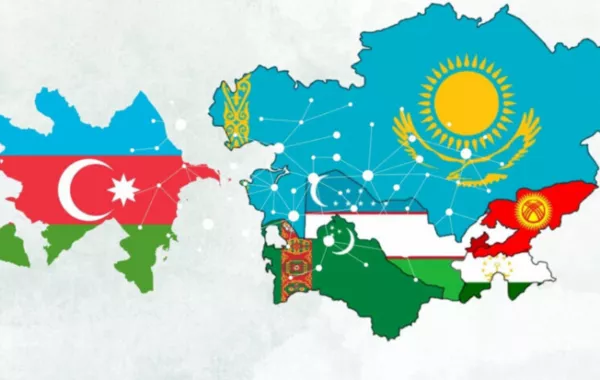
Azerbaijan's enduring strategic relationship with Israel positions it as a strong contender to become the next signatory of the Abraham Accords, presenting the United States with a key opportunity to broaden regional normalization efforts beyond the Gulf.
During his recent swing through the Middle East, President Trump made expanding the “Abraham Accords,” the 2020 regional normalization process launched during his last term in office, a significant focus, The Caspian Post reports citing The National Interest.
In his meetings in Riyadh with Saudi Crown Prince Mohammad Bin Salman, Mr. Trump raised the issue of the Kingdom signing on to the Accords, something it had been on track to do before the horrible events of October 7, 2023. Subsequently, in their historic first meeting, Trump also urged Syria’s new leader, Ahmed al-Sharaa, to build ties with Israel as a quid pro quo for the sanctions relief that Damascus is seeking.
In truth, neither of those nations is the most likely next entrant to the accords. As the Administration’s Mideast envoy, Stephen Witkoff, noted recently, the most promising prospect for a further expansion of the normalization wave of half a decade ago is the South Caucasus nation of Azerbaijan.
The logic is compelling.
While international attention has naturally focused on Israel’s recent diplomatic gains in its neighborhood, Azerbaijan was the first Muslim-majority nation to normalize relations and trade with the Jewish state. It achieved this in the early 1990s, shortly after gaining independence from the USSR.
Since then, ties have quietly flourished under the stewardship first of Heydar Aliyev and subsequently that of his son, Ilham. Last year, the two countries traded nearly $1 billion, mainly in the energy and defense sectors.
Azerbaijan has become Israel’s critical energy partner, supplying more than 60 percent of the latter’s gasoline needs. It has also become Israel’s second-largest defense customer, accounting for nearly a tenth of all Israeli defense exports between 2018 and 2022.
For Azerbaijan, this involvement makes good sense. Baku seeks to benefit from the Jewish state’s economic dynamism and technological prowess. And it has; Azerbaijan’s success in its 2020 war over the contested enclave of Nagorno-Karabagh was attributable, in considerable measure, to its reliance on sophisticated Israeli drones, which granted it a decisive battlefield advantage over its adversary.
Ties are also being strengthened by the country’s unprecedented freedom of strategic maneuver. Today, due to a confluence of world events and astute political maneuvering, Azerbaijan has virtually no constraints on its foreign policy.
In the wake of the 2020 Karabagh war, Azerbaijan has decisively seized the strategic upper hand vis-à-vis regional rival Armenia, and even prompted a cold peace with Yerevan. Russia, Azerbaijan’s Soviet-era political master and perennial security problem, is currently preoccupied with its war of choice in Ukraine, leaving it with little bandwidth to interfere in the South Caucasus.
Meanwhile, Iran, Azerbaijan’s southern neighbor and ideological challenger, is now at its weakest political point in decades, with minimal ability to influence the country’s internal affairs through religious appeal or sectarian outreach, as it has tried to do in previous years.
This gives Azerbaijan’s government greater freedom to diversify its strategic engagements, pursue a westward trajectory, and solidify its international partnerships with increased confidence.
The Abraham Accords and Israel’s Relationship with Azerbaijan
Indeed, until it was ultimately scrapped because of domestic politics, Israel’s Prime Minister Benjamin Netanyahu had been on track to pay a high-profile state visit to Azerbaijan in early May. Had the visit taken place, it would have been just the third foreign nation the Israeli leader had visited since October 7, 2023.
However, even absent that top-level outreach, relations are flourishing, evidenced by the formal opening of Azerbaijan’s embassy in Israel in March 2023, and by the high-level visits aimed at expanding cooperation in a range of sectors that have taken place since.
At a time when the United States is getting the Abraham Accords back on track, all of this should be encouraging and instructive. While it is currently focused on the Persian Gulf, Washington would do well to seize the opportunity further east. It would do even better to support the burgeoning Israel-Azerbaijan relationship. Formally bringing Baku into the Abraham Accords is the right place to start.
Share on social media

